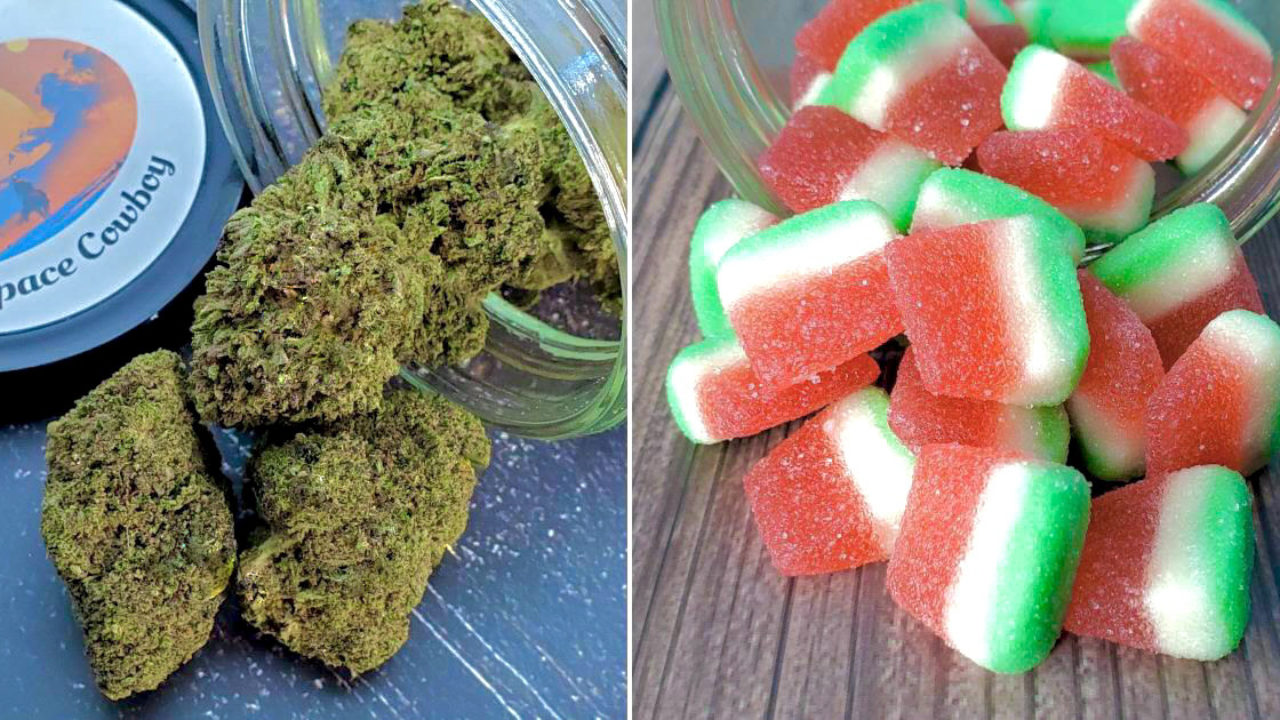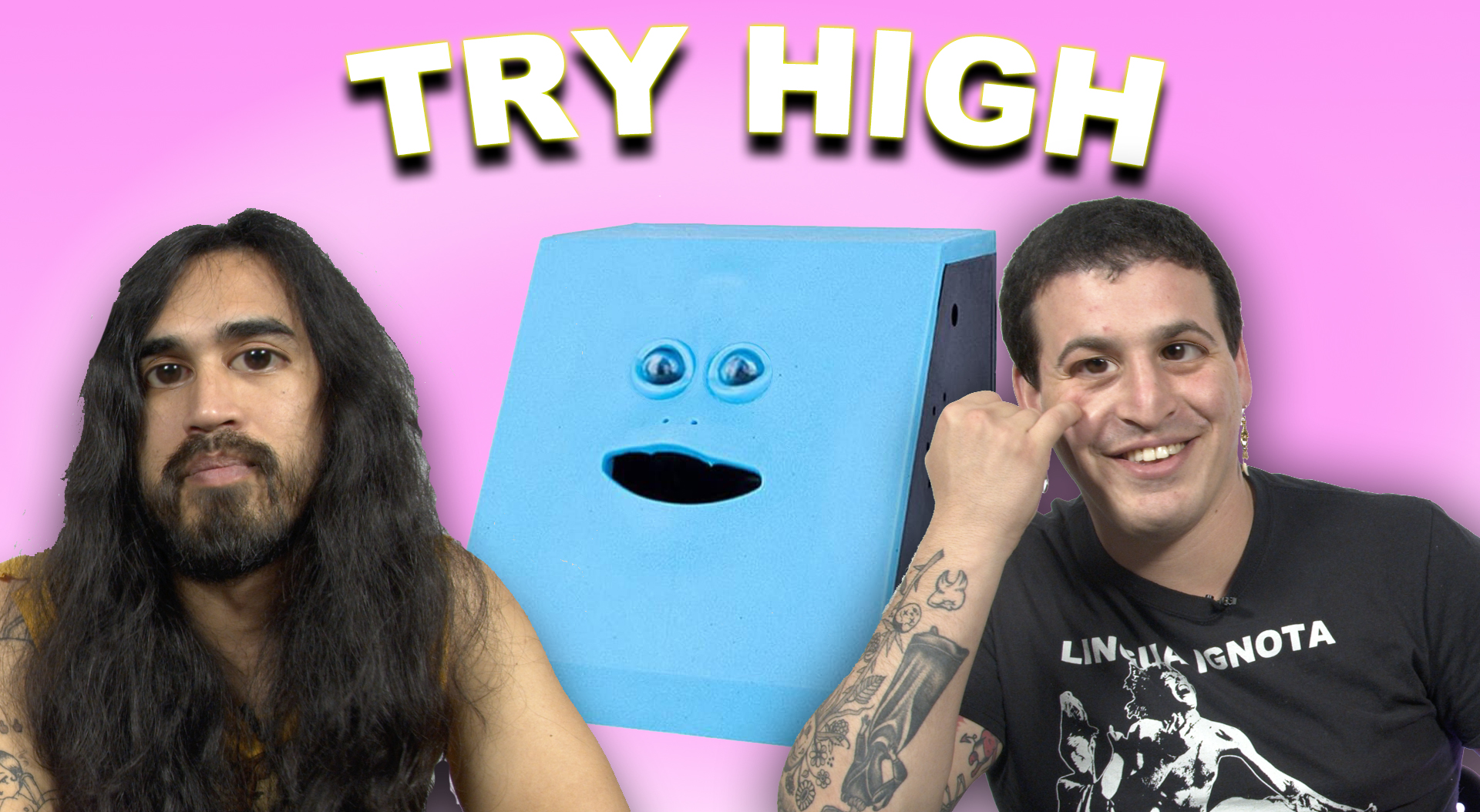A top US Drug Enforcement Agency (DEA) official has suggested that delta-8-THC and other psychoactive hemp-derived cannabinoids are perfectly legal under federal law, despite a recent state-level push to ban these compounds.
At a recent virtual town hall hosted by the Department of Agriculture (USDA), DEA Chief of Intergovernmental Affairs Sean Mitchell was asked to clarify whether or not delta-8 and related cannabinoids are currently legal under federal law. And much to conservative lawmakers’ surprise, the answer is yes – for now.
“What I want to say, and I’ll be very, very deliberate and clear, at this time—I repeat again, at this time—per the Farm Bill, the only thing that is a controlled substance is delta-9 THC greater than 0.3 percent on a dry-weight basis,” Mitchell answered, according to Marijuana Moment.
The 2018 Farm Bill legalized the production of hemp plants and products containing less than 0.3 percent delta-9 THC, but does not impose limits on other forms of THC. Delta-9 THC is the primary intoxicating compound naturally produced in cannabis plants, but scientists have discovered a way to create delta-8, delta-10, and other forms of psychoactive THC by chemically altering CBD extracted from hemp plants.
Hemp producers have used this new technology to create hundreds of new delta-8 products, kicking off a highly lucrative market, especially in states that continue to ban adult-use marijuana. South Carolina, Texas, and other conservative states have been rushing to prohibit these products, and adult-use states like Colorado, New York, and Oregon have even decided to ban them until full safety and quality regulations can be established.
Alabama, one of the states working to block these new forms of THC, specifically requested guidance from the DEA to support their ban. But in an unusual twist, the feds were unwilling to back up the state’s new attempt at prohibition. DEA officials responded with a letter clearly stating that “cannabinoids extracted from the cannabis plant that have a delta-9 THC concentration of not more than 0.3 percent on a dry weight basis meet the definition of ‘hemp’ and thus are not controlled under the [Controlled Substances Act],” Marijuana Moment reports.
Over the past year, at least 18 states have banned all products that contain delta-8 or delta-10 THC. And even though the DEA may consider delta-8 to be legal, this does not force individual states to end their bans. Several hemp businesses are suing Texas for suddenly making these products illegal, though, and the DEA’s new guidance could help them win their day in court.
Texas hemp company Hometown Hero is one of the businesses that is suing over the ban. “I think [state officials] know that the DEA did not have the intent to make these products illegal, and I think they’re trying to put words essentially in the DEA’s mouth,” said Hometown Hero CEO Lukas Gilkey in a recent video. Gilkey added that the DEA’s comments make it “very clear that a lot of the states that are going after delta-8 and other hemp-derived cannabinoids to try and make them illegal are being very disingenuous.”
Yet even as most states are rushing to ban delta-8 products, at least one state is already working to create regulations allowing them to be sold. This August, Louisiana passed a law legalizing all forms of “consumable hemp,” and last week, state officials notified hemp businesses that they can now apply for licenses to create products infused with delta-8 THC.











